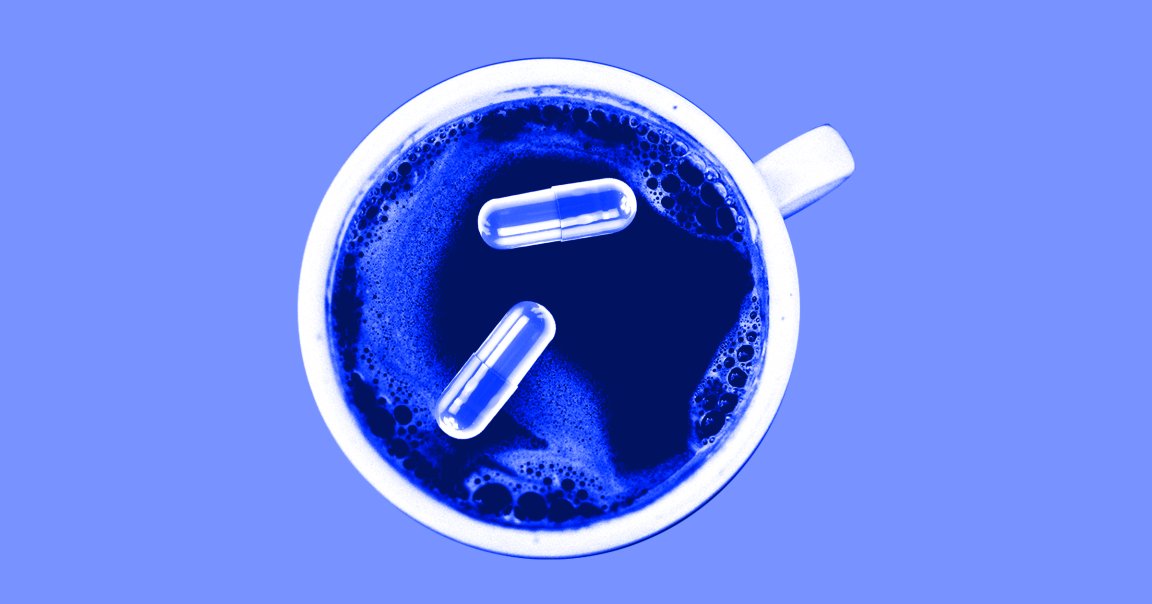
Pick a Pill, Any Pill
Of all the emotional states that can affect our physical well-being though, loneliness is one of the least understood and least clinically recognized. But being lonely can have lasting impacts on our bodies and when half of Americans reported sometimes or always feeling lonely in a survey conducted by Cigna, we’re facing a lonely future.
Name a condition and it seems like Western medicine has a pill one can take to prevent it. Heart problems, muscle aches, stomach conditions, even anxiety and depression are treatable with the pop of a carefully planned pill. Now scientists are even working on a pill to help combat loneliness.
The Trouble With Loneliness
Enter Stephanie Cacioppo, director of the Brain Dynamics Lab at the University of Chicago Pritzker School of Medicine. Cacioppo and team claim that loneliness is what occurs when chemical signals that encourage us to reach out to other people but our hyper-vigilant minds instead perceive social dangers, much like social anxiety, keeping us from wanting to reach out. Sort of like feeling thirsty, which tells us we need to drink water, feelings of loneliness are indications that we, social human beings, are in need of social contact.
To keep these feelings from being overwhelming, the research team is hedging their bets on a neurosteroid called pregnenolone, which can help ease the mind’s anxiety and over-perception of potential dangers. Cacioppo’s goal isn’t to eliminate feelings of loneliness, but rather to inhibit these feelings from causing harmful effects on the mind and body. “If we could successfully reduce the alarm system in the minds of lonely individuals, then we could have them reconnect, rather than withdraw from others,” Cacioppo told The Guardian.
At Ease
There are still non-clinical ways to help fend off loneliness. A text from home, joining a club or group activity you’re fond of, volunteering, even being part of a religious group can help provide feelings of belonging. A simple hug is enough to release oxytocin in the brain, which helps alleviate feelings of loneliness by promoting social behaviors and trust in humans. But for those whose feelings of loneliness are so overwhelming as to discourage participation in activities there may be hope on the horizon. In the meanwhile, give your friends a hug.
READ MORE: Scientists are working on a pill for loneliness [The Guardian]
More on the future of mental health: Doctors Are Now Fighting Depression by Targeting the Brain’s Wiring, Not Its Chemical Balance